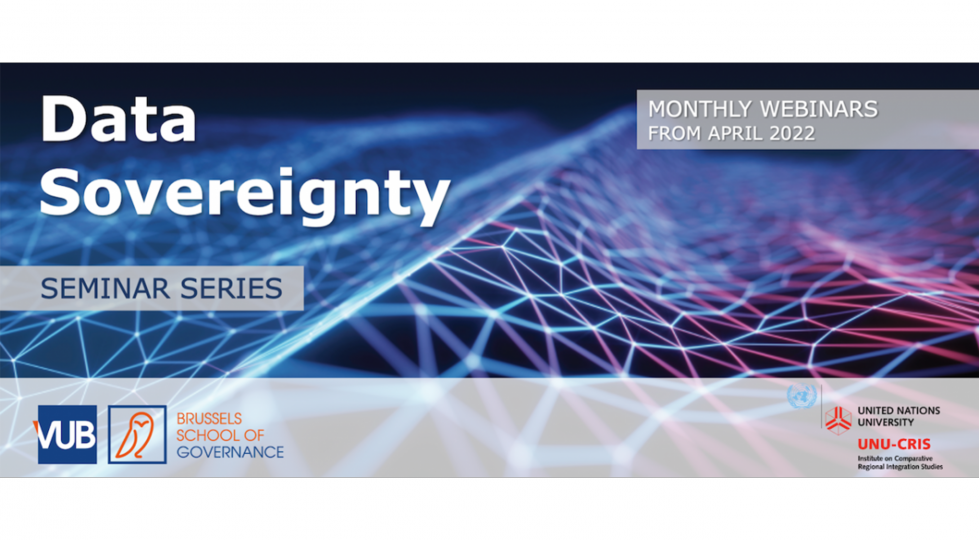Data Sovereignty Seminar Series: Resisting Data Colonialism: The Benefits and Limits of Data Sovereignty

In their book The Costs of Connection: How Data Colonizes Human Life and Appropriates it for Capitalism (Stanford University Press, August 2019), Couldry and Mejias argue that the role of data in society needs to be grasped as not only a development of capitalism, but as the start of a new phase in human history that rivals in importance the emergence of historic colonialism. This new "data colonialism" is based not on the extraction of natural resources or labor, but on the appropriation of human life through data, paving the way for a further stage of capitalism. Resisting it will require strategies that decolonial thinking has foregrounded for centuries, including the articulation of new forms of sovereignty. By reviewing the benefits and limits of these emerging proposals for digital sovereignty—including the ones currently being discussed in the EU—the authors will explore how effectively this concept can inform government and public responses against emerging forms of data colonialism.
Please click here to register for the webinar.
Programme
17:00-17:05: Welcome and introduction by Orsolya Gulyás & Clément Perarnaud (BSoG)
17:05-17:25: Presentation by Nick Couldry (LSE) and Ulises Mejias (SUNY)
17:25-17:35: Discussion by Julia Pohle (WZB Berlin Social Science Center)
17:35-18:00: Q&A with the audience

Nick Couldry
Nick Couldry is Professor of Media, Communications and Social Theory in the Department of Media and Communications at LSE. As a sociologist of media and culture, he approaches media and communications from the perspective of the symbolic power that has been historically concentrated in media institutions. He is interested in how media and communications institutions and infrastructures contribute to various types of order (social, political, cultural, economic, ethical). His work has drawn on, and contributed to, social, spatial, democratic and cultural theory, anthropology, and media and communications ethics. His analysis of media as ‘practice’ has been widely influential. In the past 7 years, his work has increasingly focussed on data questions, and ethics, politics and deep social implications of Big Data and small data practices. He is the author or editor of 15 books and many journal articles and book chapters.
He has recently co-founded the Tierra Comun dual language website to encourage networking with and among Latin American scholars and activists interested in data colonialism.

Ulises Ali Mejías
Ulises Ali Mejías is associate professor of Communication Studies and director of the Institute for Global Engagement at the State University of New York, College at Oswego. He is a media scholar whose work encompasses critical internet studies, network theory and science, philosophy and sociology of technology, and political economy of digital media. He is the author of Off the Network: Disrupting the Digital World (University of Minnesota Press, 2013) and various articles including ‘Disinformation and the Media: The case of Russia and Ukraine’ in Media, Culture and Society (2017, with N. Vokuev), and ‘Liberation Technology and the Arab Spring: From Utopia to Atopia and Beyond’ in Fibreculture (2012). He is the principal investigator in the Algorithm Observatory project.
Upcoming Events
Similar Events
No events found.


